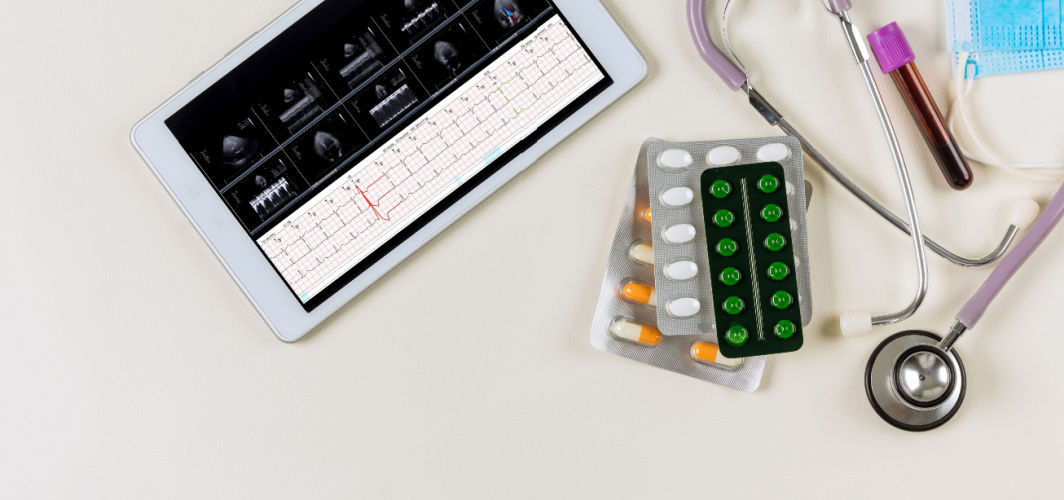Heart Conditions
Alcohol & Heart Health: How Much is Safe to Drink?
4 min read
By Apollo 24/7, Published on - 05 January 2021, Updated on - 18 October 2022
Share this article
4
15 likes

Does alcohol in moderate quantity offer any benefit?
- Regular beer: 355 ml (millilitres)
- Wine: 148 ml
- Distilled spirits: 44 ml (80-proof), 30 ml (100-proof)
- Increase the levels of HDL ‘or good’ cholesterol
- Reduce blood clotting
- Reduce the risk of developing heart disease
- Possibly lower the risk of ischemic stroke
- Possibly lower the risk of diabetes
- High blood pressure
- High triglycerides
- Cardiomyopathy
- Arrhythmia (Irregular heart rhythm)
- History of strokes
- Heart failure
- Liver disease
What does the Lancet study say?
- In 2016, alcohol consumption ranked 7th amongst the major risk factors for both deaths and disability-adjusted life-years (DALYs).
- Alcohol intake contributed to nearly 2·2% female deaths and 6·8% male deaths.
- For people in the age group of 15-49 years, alcohol is the main cause of disability-adjusted life-years (DALYs). In this population, alcohol use accounted for 3·8% female deaths and 12·2% male deaths.
Conclusion
Heart Conditions
Leave Comment
Recommended for you

Heart Conditions
What Is 2D EchoTest: Know Uses, Test Results, How To Read It
The 2D echo test is a noninvasive diagnostic procedure that helps in examining the structure and function of the heart. By providing valuable insights into heart health, this test aids in the detection and monitoring of various cardiac conditions, enabling timely intervention and treatment.

Heart Conditions
How Does Stress Affect Your Heart?
Prolonged stress has been linked to a wide range of adverse health effects. Left unchecked, stress can take a severe toll on heart health.

Heart Conditions
Heart Attacks Can Occur Without A Warning! Look Out For These Signs
Silent heart attack often goes undiagnosed due to the lack of clinical presentation. Read on to know the possible signs, diagnostic tests, and preventive measures of a silent heart attack.
Subscribe
Sign up for our free Health Library Daily Newsletter
Get doctor-approved health tips, news, and more.
Visual Stories

7 Tips to Manage Hypertension
Tap to continue exploring
Recommended for you

Heart Conditions
What Is 2D EchoTest: Know Uses, Test Results, How To Read It
The 2D echo test is a noninvasive diagnostic procedure that helps in examining the structure and function of the heart. By providing valuable insights into heart health, this test aids in the detection and monitoring of various cardiac conditions, enabling timely intervention and treatment.

Heart Conditions
How Does Stress Affect Your Heart?
Prolonged stress has been linked to a wide range of adverse health effects. Left unchecked, stress can take a severe toll on heart health.

Heart Conditions
Heart Attacks Can Occur Without A Warning! Look Out For These Signs
Silent heart attack often goes undiagnosed due to the lack of clinical presentation. Read on to know the possible signs, diagnostic tests, and preventive measures of a silent heart attack.